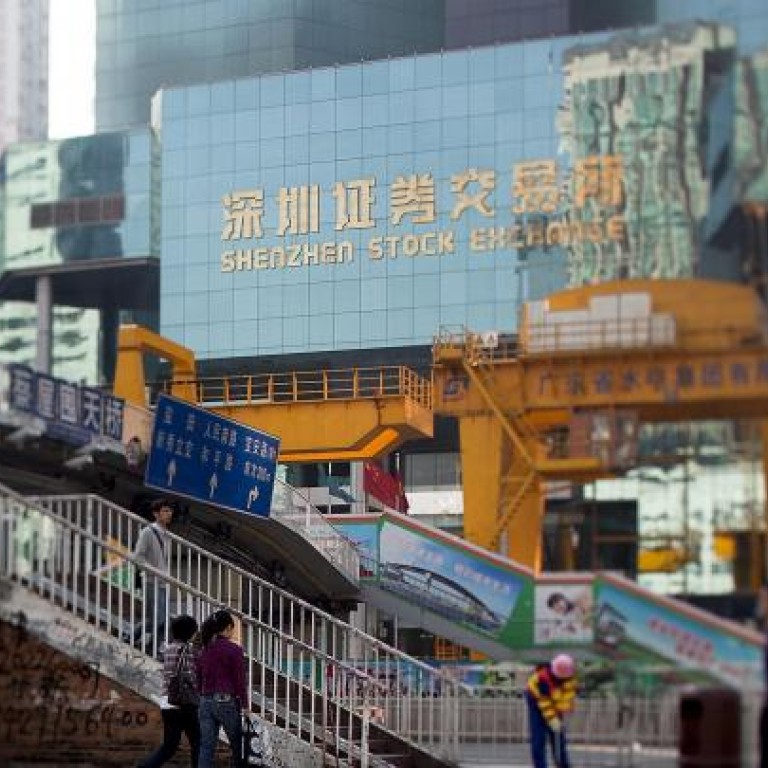
Beijing set to impose tax on capital gains
Wealthy mainland investors forced to rethink private equity and venture capital deals after the on-again, off-again plan is back on track
Wealthy mainlanders keen to take part in private equity and venture capital deals are being forced to revise their investment strategies amid expectations that Beijing will impose a new capital gains tax that could eat into their profits from such deals.
The on-again, off-again proposal by the State Administration of Taxation to tax the gains of private equity and venture capital funds is now on again, and is expected to be implemented in six months, according to two people close to the authorities.
Under the plan, Beijing is expected to tax investment gains of the funds at a rate of up to 40 per cent.
There is no shortage of rationales that the authorities have offered for wishing to levy such a tax - chiefly, they say, because they want to rein in the rampant cash inflow to the private equity and venture capital sectors from wealthy individuals who believe the sectors offer a quick route to easy money.
The levy, mainly targeting yuan-denominated funds, will replace a corporate tax rate of 25 per cent.
Beijing began studying the implementation of the tax in April but the plan was put on hold because of strong opposition from fund managers and investors. Now, sources say, they have shown a renewed determination to go ahead with the tax.
Calls to the press office of the administration went unanswered.
"It's like killing the goose that lays the golden egg," said a Shanghai-based fund manager who asked not to be identified. "It looks like the central government is hungry for money and is looking at the lucrative private equity and venture capital sectors for additional tax income."
If the tax is imposed, it will represent an about-face by Beijing in governing the yuan-denominated private equity and venture capital funds. In 2006, it encouraged the establishment of such funds, hoping they would provide a source of liquidity for the merger and acquisitions market.
Having seen the killing offshore funds made in the mainland investment market, officials worried that domestic assets were being sold cheaply to overseas investors, and in response to those concerns were resolute about fostering the growth of local private equity and venture capital funds.
Some local funds then struck it spectacularly rich through investment deals such as the stake taken by Nantong Zhongbang Investment & Management in Luolai Home Textile, which gave it a return of 240 times on its investment when Luolai floated its shares in September 2009.
According to the tax proposals, the authorities would collect the capital gains tax when investment portfolio companies went public even though the investing funds may not have cashed out and realised their gains.
"It is unreasonable to charge a capital gains tax if the profits are not realised," said Jing Yi, an executive partner with private equity group Sedum Holdings. "The tax mechanism will turn out to be a failure if no changes are made."
Aside from the 25 per cent corporate income tax, investors in private equity and venture capital funds are also subject to a 20 per cent dividend tax.
The new tax could be a huge blow for fund managers grappling with stock market turbulence as fewer new public offerings are being launched.
According to fund consultancy Zero2IPO, the battered market for new public offerings has already dealt a blow to mainland funds. In the first half of this year, 128 companies raised a combined US$14.57 billion from initial public offerings, less than a quarter of the total raised for the whole of last year.

